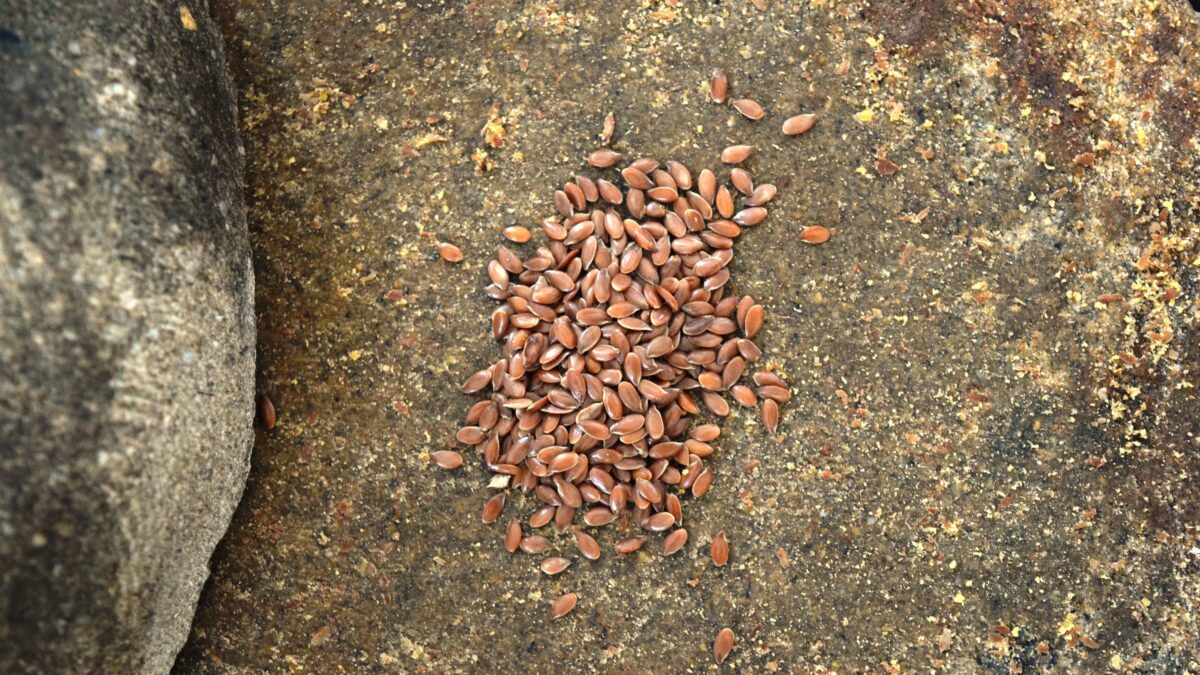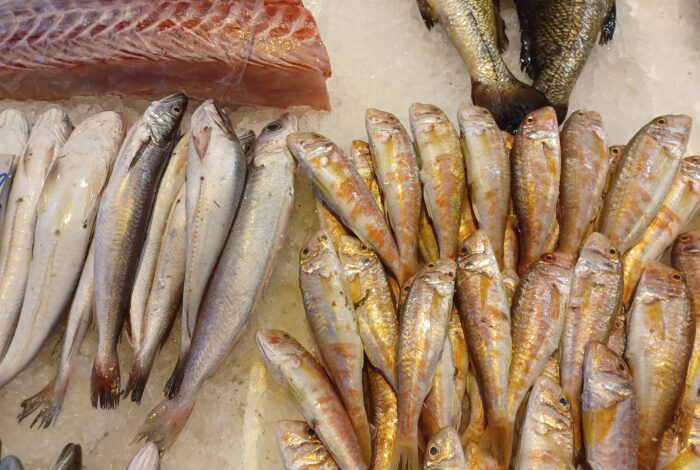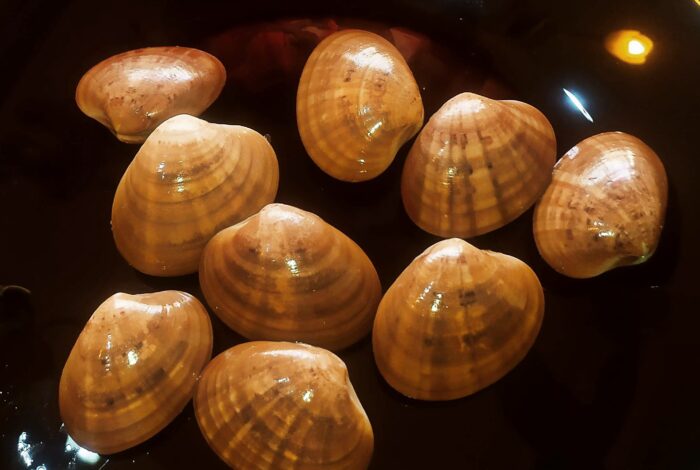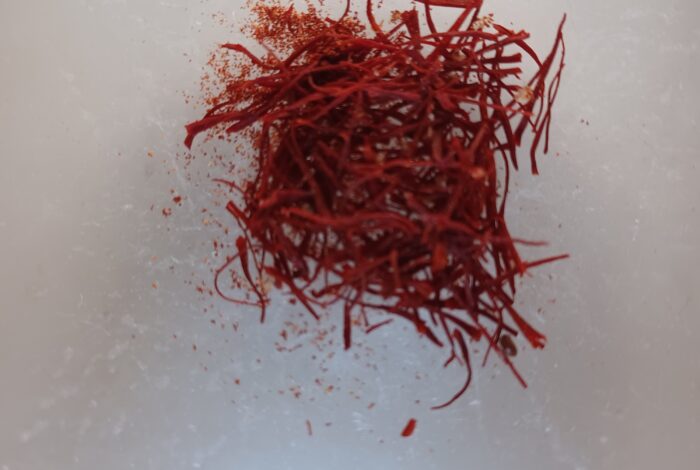Image 1: Modern flax seeds just before being crushed with stone grinding tools as part of an experiment conducted by the PlantCult team, within the framework of research on the food cultures of prehistoric Europe (ERC CoG GA682529). Photo: Maria Bofill ©PlantCult project, ELKE AUTh
Soultana-Maria Valamoti, Professor, School of History and Archaeology, Aristotle University of Thessaloniki
Cereals – wheat and barley – have been and continue to be staple components of the diet of the inhabitants of Greece and the Mediterranean more broadly. Archaeobotanical remains confirm the presence of all types of wheat over the course of millennia, while ancient texts provide a vivid picture of baked goods: some ordinary and everyday, others prepared for special occasions, religious or social, such as special loaves offered in the worship of a deity or for a wedding ceremony.
Among the breads reportedly prepared for a 6th-century BC banquet, we also find loaves kneaded with flaxseed. The poet Alcman, in a fragment of one of his poems, describes an abundance of breads set on seven tables for a festive event, likely a wedding. Among these breads were loaves made with poppy seed, as well as small buns with honey intended for the children attending the banquet.
Beyond this reference, mentions of flax as food in ancient texts are very limited. It is absent from the lists of common or favoured foods found in comic poetry. Combined with Galen’s comment (2nd century AD) that flax is indigestible and of low nutritional value, this suggests that flax was not a staple food in ancient Greece. On the other hand, the Hippocratic texts (5th–4th century BC) frequently mention flax in the preparation of poultices or infusions, describing it as nourishing, astringent and cooling. Together with the reference to wedding breads with flaxseed, this presents a different picture of flax in the four centuries preceding Galen. Thucydides (5th century BC) also mentions ground flaxseed when describing the Archidamian War: during the siege of the Spartans on the island of Sphacteria, the Helots risked their lives to bring supplies that included sacks of ground flaxseed and honeyed poppy seed.
It appears, then, that flax was a nourishing ingredient, consumed with honey or kneaded into flour to make bread in ancient Greece. The presence of flax in prehistoric times is attested by charred flax seeds found in both northern and southern Greek settlements, in large quantities and on its own. Today, flaxseed is not generally part of traditional Greek cuisine. However, flaxseed breads are made and sold in bakeries.
Image 1: Modern flax seeds just before being crushed with stone grinding tools as part of an experiment conducted by the PlantCult team, within the framework of research on the food cultures of prehistoric Europe (ERC CoG GA682529). Photo: Maria Bofill ©PlantCult project, ELKE AUTh










